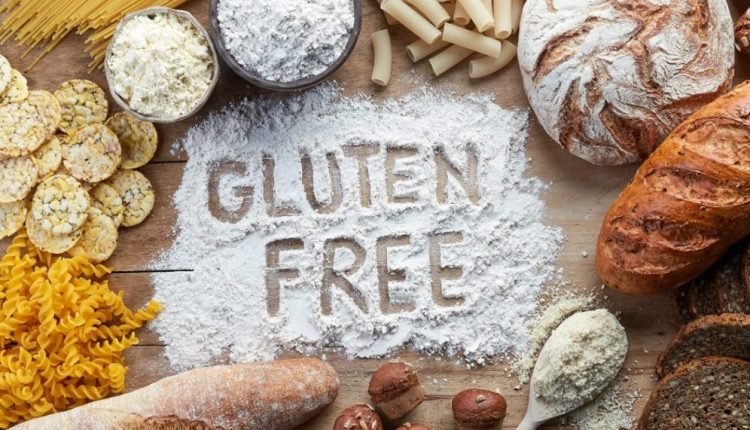
Celiac disease: how to recognise it and which foods to avoid
Celiac disease is a chronic autoimmune disorder that causes an immune reaction of the body to the intake of gluten
In Italy, over 200,000 patients suffer from coeliac disease with a prevalence of around 1%, but in reality, taking into account undiagnosed cases, the actual number would be around 600,000.
Coeliac disease, in fact, is a disease that can be diagnosed at different stages of life, both in infants only a few months old and in mature, possibly asymptomatic individuals.
The immune reaction triggered by coeliac disease, however, if left undiagnosed and untreated, can lead to inflammation of the small intestine and intestinal villi, which prevents the proper absorption of nutrients, severely compromising the health of the individual concerned, up to and including complicated forms of coeliac disease (e.g. refractory coeliac disease and intestinal lymphoma).
What is gluten and how celiac disease develops
Gluten is a protein complex found in many cereals, such as barley, wheat and rye.
Following the intake of gluten, the coeliac develops intestinal inflammation that leads to progressive destruction of the intestinal villi, resulting in malabsorption.
For this reason, the therapeutic indication is to strictly avoid the intake of any food that might contain even small traces of gluten.
Although the triggering agent is this protein, coeliac disease is a multifactorial disease, triggered in a predisposed individual also by environmental factors (e.g. gastrointestinal infections, or pregnancy) or other autoimmune diseases that are associated with coeliac disease, such as type 1 diabetes mellitus, autoimmune thyroiditis, rheumatoid arthritis, and genetic syndromes such as Down syndrome and Turner syndrome.
By what symptoms can one recognise celiac disease?
Not always the adult patient is symptomatic, but generally the inflammation caused by the ingestion of gluten, in the coeliac patient, causes gastrointestinal symptoms such as diarrhoea, meteorism, abdominal bloating, abdominal cramps, dyspepsia and weight loss.
There are also other symptoms, alarm bells that should not be underestimated, such as mouth ulcers, alopecia and muscle weakness, but also iron-private anaemia, hypertransaminasemia not otherwise explained, osteopenia and/or osteoporosis, history of infertility and/or polyabortion.
If one suspects that one has coeliac disease, it is very important not to improvise do-it-yourself diets, which could be harmful to one’s health, but to consult a specialist who, with the appropriate tests (serology for coeliac disease and, in the event of a positive result, gastroscopy with multiple biopsies in the duodenum), will diagnose the disease.
The diet for coeliac disease: a gluten-free diet
It is essential that the intestine and mucous membrane of the coeliac patient regain their original functionality.
For this reason, and to reduce the symptoms, even the disabling ones, of the disease, the patient must follow a strictly gluten-free diet.
This means that bread, pasta, cakes, and bread derivatives made from cereals and flours based on oats, wheat, spelt, barley, kamut, or malt are forbidden.
Yeast and seitan are also to be avoided, as are ready meals that may contain traces of gluten (although in this case it should by law be indicated on the label) or milk and yoghurt made from cereals and malt.
Gluten is also often used as a thickening agent, so one should always be careful with the ingredients of sauces, soluble nuts and even sausages and candies.
Among beverages, beer, soluble coffee and other soluble drinks that might hide traces of gluten, and flavoured teas are also forbidden.
In general, however, there is a wide range of Gluten Free products, which are labelled accordingly and routinely sold in supermarkets and grocery shops.
Read Also:
Emergency Live Even More…Live: Download The New Free App Of Your Newspaper For IOS And Android
A Baby’s Gut Bacteria May Predict Future Obesity
Coeliac Disease: How To Recognise It And What Foods To Avoid
Symptoms Of Coeliac Disease: When To Consult A Doctor?
Coeliac Disease: Symptoms And Causes
What Are The Symptoms Of Coeliac Disease In Adults And Children?



